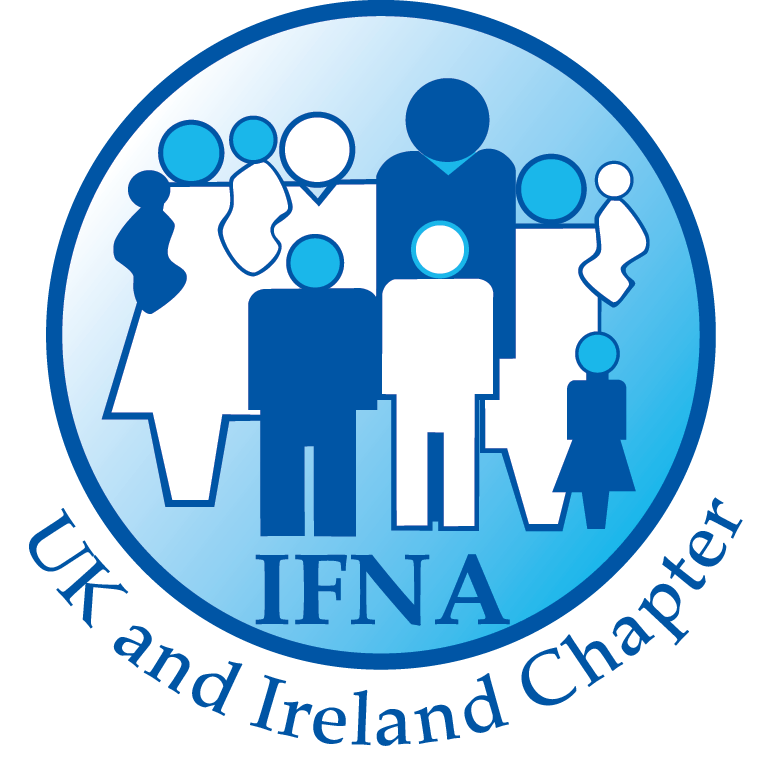The first cases of Human Immunodeficiency Virus (HIV) were reported 41 years ago in 1981. Since then, nurses all over the world have been at the forefront of the fight against the epidemic. They have stepped up to provide skilled care for those infected and affected by the virus. Each year, on 1 December, the world commemorates World AIDS Day. People around the world unite to show support for people living with HIV and to remember those who have died from AIDS-related illnesses. Founded in 1988, World AIDS Day was the first ever international day for global health. Every year, United Nations agencies, governments and civil society join together to campaign around specific themes related to HIV:
- Awareness-raising activities take place around the globe.
- Many people wear a red ribbon, the universal symbol of awareness of, support for and solidarity with people living with HIV.
- People living with HIV make their voice heard on issues important in their lives.
- Groups of people living with HIV and other civil society organizations involved in the AIDS response mobilize in support of the communities they serve and to raise funds.
- Events highlight the current state of the epidemic.
- World AIDS Day remains as relevant today as it’s always been, reminding people and governments that HIV has not gone away. There is still a critical need for increased funding for the AIDS response, to increase awareness of the impact of HIV on people’s lives, to end stigma and discrimination and to improve the quality of life of people living with HIV.
Human Immunodeficiency Virus (HIV)
HIV is a virus that attacks cells that help the body fight infection, making a person more vulnerable to other infections and diseases. It is spread by contact with certain bodily fluids of a person with HIV, most commonly during unprotected sex (sex without a condom or HIV medicine to prevent or treat HIV), or through sharing injection drug equipment. If left untreated, HIV can lead to the disease AIDS (acquired immunodeficiency syndrome). The human body can’t get rid of HIV and no effective HIV cure exists. So, once you have HIV, you have it for life. Fortunately, however, effective treatment with HIV medicine (called antiretroviral therapy or ART) is available. If taken as prescribed, HIV medicine can reduce the amount of HIV in the blood (also called the viral load) to a very low level. This is called viral suppression. If a person’s viral load is so low that a standard lab can’t detect it, this is called having an undetectable viral load. People with HIV who take HIV medicine as prescribed and get and keep an undetectable viral load can live long and healthy lives and will not transmit HIV to their HIV-negative partners through sex.
Acquired Immune Deficiency Syndrome (AIDS)
Acquired Immune Deficiency Syndrome (AIDS) is the late stage of HIV infection that occurs when the body’s immune system is badly damaged because of the virus. AIDS, or stage 3 HIV, develops when HIV has caused serious damage to the immune system. It is a complex condition with symptoms that vary from person to person. Symptoms of stage 3 HIV are related to the infections a person may develop because of having a damaged immune system that can’t fight them as well. Known collectively as opportunistic infections, they include tuberculosis, pneumonia, and others. Certain types of cancer become more likely when an immune system works less effectively as well. Adherence to antiretroviral therapy can prevent stage 3 HIV from developing. A HIV infection doesn’t necessarily progress to stage 3. In fact, many people with HIV live a long life without ever developing AIDS. Thanks to advances in treatment, a person living with HIV can expect to live a near-normal life span. While a person can have an HIV infection without having AIDS, anyone diagnosed with AIDS has already contracted HIV. Because there is no cure, the HIV infection never goes away, even if AIDS never develops.
Stigma and discrimination
Potential stigmatisation (attitudes and beliefs) is one of the most notable causes preventing individuals from testing and seeking care. People may be reluctant to test because the discovery of a positive HIV test result may lead to the loss of friendship, family ties, employment, and housing, and in some countries – dismissal from school, and denial of health/ life insurance and health care. Apart from the consequences of a positive test result, the decision to test for HIV can lead to stigmatisation. The decision to avoid testing for HIV therefore allows people to prevent the stigmatisation associated both with testing and a positive test result. HIV discrimination is the act of treating people living with HIV differently than those without HIV. Examples include: a health care professional refusing to provide care or services to a person living with HIV; refusing casual contact with someone living with HIV, and socially isolating a member of a community because they are HIV positive.
The importance of world AIDS day and nursing practice
As life-saving medications and prevention interventions have been discovered, nurses have continued to be champions in the fight against HIV and AIDS. The role of the nurse has expanded over the years beyond skilled care at the bedside to include clinical and behavioural research, education and training leadership, programme management, policy making, and patient advocacy and activism. World AIDS day remains an extremely important, and nurses must be updated to provide high quality care their local communities. There are currently over 105,000 people are living with HIV in the UK. Globally, there are an estimated 38 million people who have the virus. Despite the virus only being identified in 1980s, more than 35 million people have died of HIV or AIDS related illnesses, making it one of the most destructive pandemics in human history. World AIDS Day is important because it reminds the public and government that HIV has not gone away, there is still a vital need to raise money, increase awareness, fight prejudice, and improve education. Today, scientific advances have been made in HIV treatment, there are laws to protect people living with HIV and society understand so much more about the condition. Despite this, each year in the UK over 4,139 people continue to be diagnosed with HIV, people do not know the facts about how to protect themselves and others, and stigma and discrimination remain a reality for many people living with the condition.
About the author
Barry Hill
Assistant Professor, Nursing Science. Northumbria University, Newcastle upon Tyne, UK

